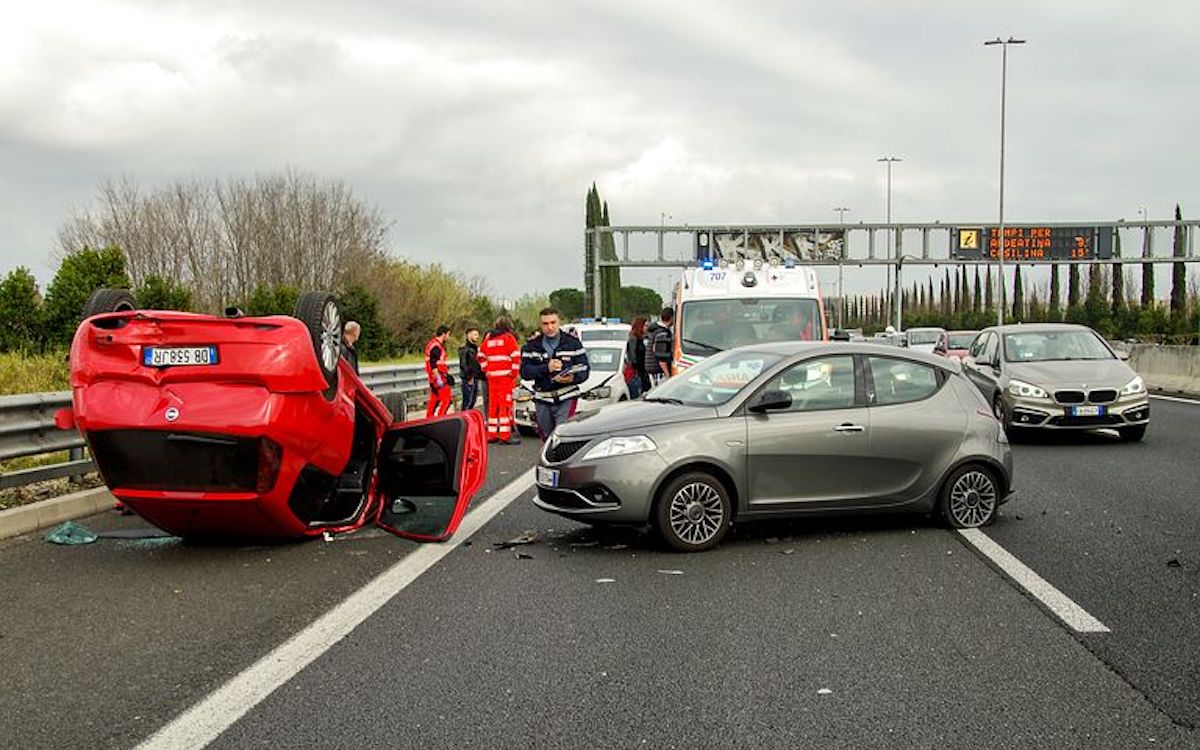Table of Contents
According to the NHTSA, 28 people in America are involved in fatal drunk-driving accidents every day. While drunk driving may not seem like a significant problem, it is one of America’s leading causes of road accidents.
If you are in an accident that involves a drunk driver, take the following steps.
1. Contact the Police
Call law enforcement officers as soon after your accident as possible. This is important even if you don’t believe it was a major accident. Do not leave the accident scene before speaking with the police.
Drunk drivers will try to convince you not to call the police. Please do not listen to them. It would be best if you spoke with law enforcement officers no matter what the other driver thinks.
Failure to contact the police means the other driver will get behind the wheel again. They are likely to cause another accident. In addition, you may lose important information that would help your case.
2. Cooperate With the Police
After contacting the police, you will have to provide them with necessary information regarding the accident and the other driver. Failure to cooperate with them reduces your likelihood of getting compensation. It could help the driver get away.
When speaking with the police, ensure that all the information you provide is accurate and detailed. They will require details like: the other driver’s contact information, how and when the accident happened, and the make and model of the other car.
Write down everything that happened to avoid forgetting it when the police arrive. Accidents can be stressful. They trigger lots of negative emotions, and if you aren’t careful, you may get the facts wrong.
3. Keep Silent
Do not provide more information than the police ask for. While you may be eager to help, speaking too much right after an accident is never good. You may end up saying the wrong things.
Do not admit fault, even if you suspect that you may have contributed to the accident. If someone asks if you are injured, don’t say no. Sometimes, the adrenaline rush from the accident masks your pain.
Signs of injury may be apparent hours or days later. Saying you are unsure is better than claiming not to be injured. Avoid making assumptions, and don’t say things that you aren’t sure about.
4. Collect Information
Gather as much information regarding the accident as you can. Professionals like Wieandlaw.com rely on the information you provide to help you pursue compensation. Exchange your contact information with the other driver.
In addition, you should record their car’s make, license plate number, and model. Get photos and videos of the accident scene and record witness accounts.
The more information you can get, the better. Present the information to your attorney as soon as possible. They will help ensure that you receive the compensation you deserve.
5. Get Medical Help
If a drunk driver hits you, you need to seek medical help regardless of how you may feel. If you cannot contact an ambulance, have someone else do it for you. The symptoms of concussions, whiplash, and other accidents aren’t always at first.
If you don’t see your doctor immediately, it could be difficult to get compensation. The other driver could argue that you weren’t injured in the accident.
If you decide not to call an ambulance, get to the hospital as soon as possible. Keep copies of your medical records and bills as you may need them when pursuing compensation.
Has a drunk driver hit you? While it can be confusing, following the above tips will help you. They increase your likelihood of getting compensation and protect your safety.
Image Source: Pixabay


